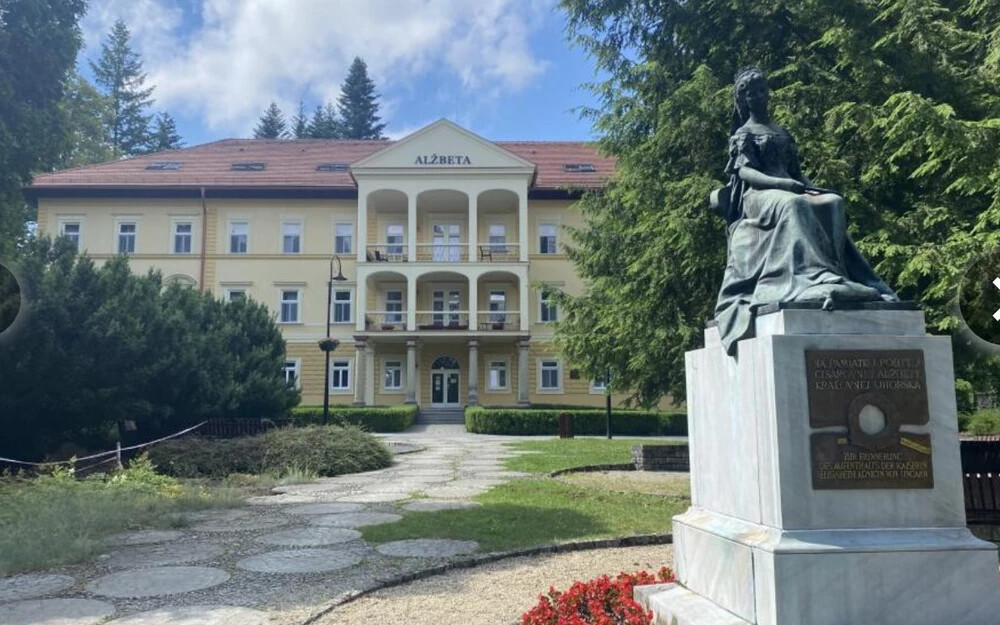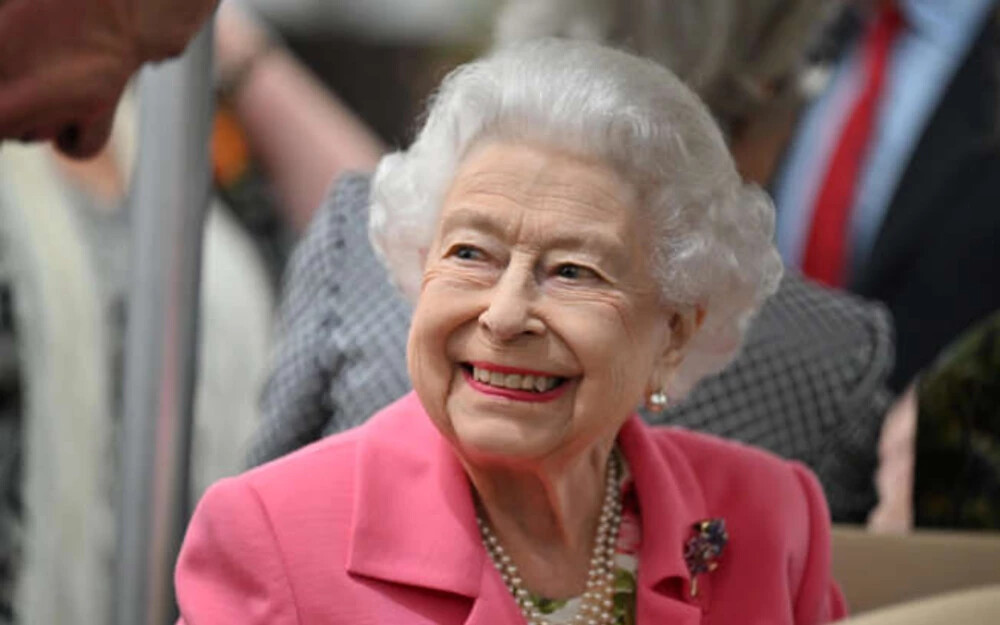Amsterdam – When political leaders gathered in Johannesburg last week to work out a sustainable development strategy, Pascal van den Noort, head of cycling advocacy Velo Mondial, hoped his plan to provide cheap bikes to South Africans will get the green light. He says his 30 euro ($29.
Small projects to get big play at Earth Summit
Other plans are more ambitious: the French utility EdF, oil giant TotalFinaElf and BP Solar want to provide energy to rural Africans; the governments of Japan and Indonesia and The Nature Conservancy, want to stop illegal logging in Asian forests. These programmes, which involve partnerships between the non-governmental organisations, corpo-rations, governments and local communities, are being widely touted as real steps to achieving governments‘ promises at the Rio Earth Summit a decade ago. Promises that have gone largely unfulfilled. Much of the work of the 40,000 delegates who descended on Johannesburg for World Summit on Sustainable Development (WSSD) on August 26 centred on the broad strokes to cut poverty, increase access to water and craft a strategy to promote sustainable economic growth.
Though world leaders pledged in Rio to boost spending to poor countries and battle environmental degradation, less money is flowing from rich states to the developing world and pollution runs unchecked in many regions. That poor record helped open the door for the new U.N. programme, still in its infancy, for the public-private partnerships. Critics say the new partnerships are an attempt by weak-willed governments to shift the burden for sustainable development to the private sector, and that many such programmes have been underway for years.
Many of the submissions sent to the United Nations were rejected because they were too old or did not include enough participants to meet the guidelines. While politicians have agreed the broad outlines of development, multilateral agreements are often very difficult to implement. One leading proponent of the partnerships has been the United States, which has been unwilling to sign up to multi-lateral environmental agreements and withdrew support from the global warming Kyoto pact last year. The U.S. support has aroused the suspicion of a number of environmental groups, who doubt the Bush administration‘s sincerity.
Major hurdles remain before the partnerships can be launched, including the creation of an oversight body to ensure projects meet their goals. That responsibility may end up with the U.N. Any system would also have to allay fears that key public services, such as energy and water systems, would end up owned and controlled by foreign multinationals simply seeking to extend their reach. (Reuters)
Támogassa az ujszo.com-ot
A támogatásoknak köszönhetöen számos projektet tudtunk indítani az utóbbi években, cikkeink pedig továbbra is ingyenesen olvashatóak. Támogass minket, hogy továbbra is függetlenek maradhassunk!









Kérjük a kommentelőket, hogy tartózkodjanak az olyan kommentek megírásától, melyek mások személyiségi jogait sérthetik.